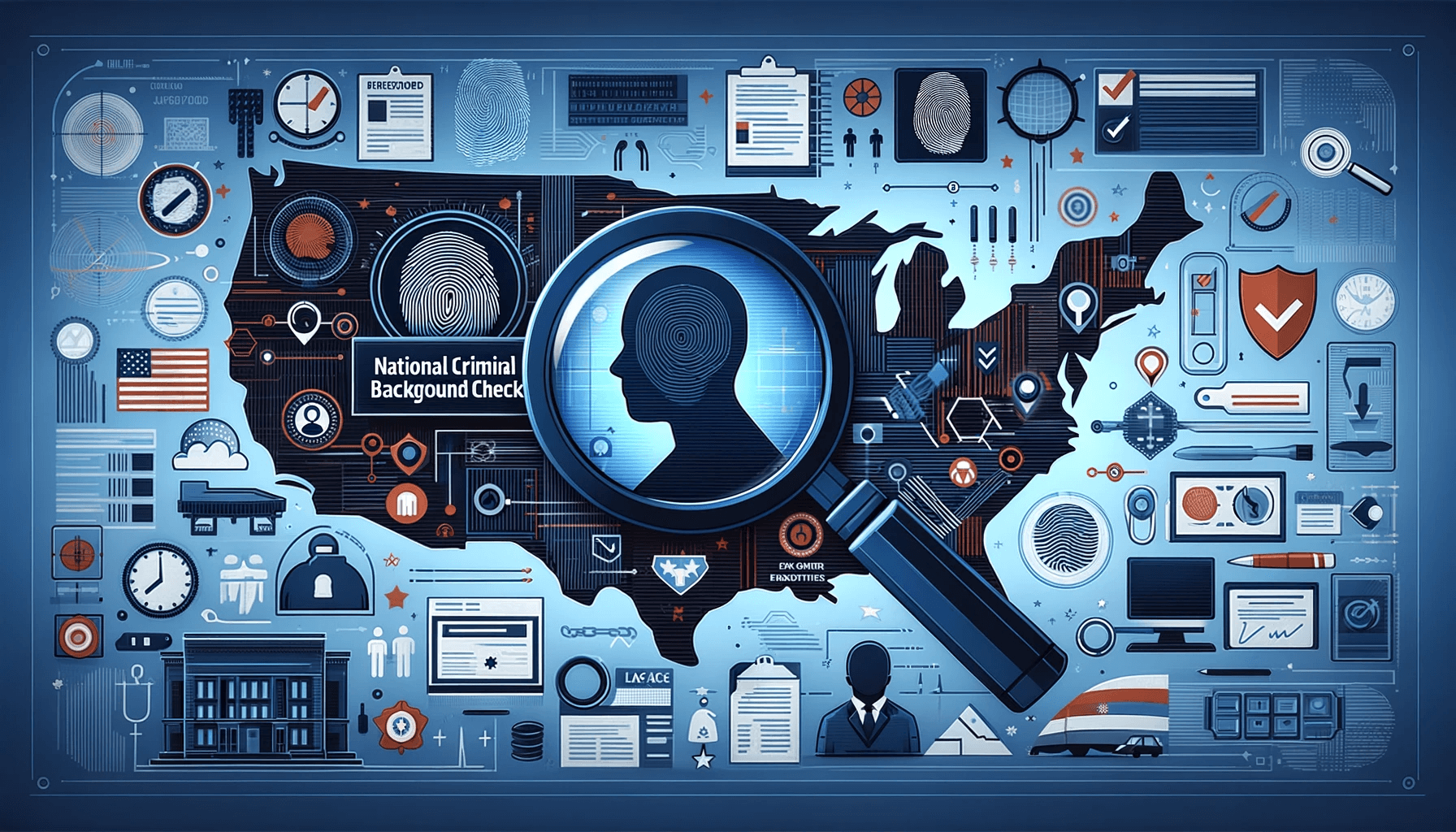Hello there! I’m John M. Kaman from Kaman Law Firm. Today, let’s unravel the mystery of national criminal background checks. Whether you’re an employer, a job seeker, or just plain curious, understanding what these checks involve is crucial in today’s world.
Unpacking the Basics
So, what is a national criminal background check? It’s a process used to verify an individual’s criminal history across the entire country. Unlike local or state background checks that cover specific areas, national checks cast a wider net, encompassing databases from all states.
Why National Checks Matter
These checks are vital for various reasons:
- Employment Screening: Employers use them to ensure they hire trustworthy individuals.
- Rental Applications: Landlords check potential tenants to maintain safe communities.
- Legal Compliance: Certain industries require these checks for regulatory compliance.
What’s Included in the Check?
A national criminal background check typically includes:
- Criminal Records: Details of any past convictions or ongoing criminal cases.
- Sex Offender Registry: Information if the individual is on a national sex offender list.
- Warrants: Checks for any outstanding warrants.
- Terror Watch Lists: Verifies if the person is on any national security watchlists.
How It Works
The process taps into various databases, like the National Crime Information Center (NCIC) and others maintained by the FBI and state law enforcement agencies. These checks can reveal a lot, but they might not capture every single detail, especially for minor or very old offenses.
The Legal Side of Background Checks
Here’s where it gets legally interesting. There are rules about how and when these checks can be used. The Fair Credit Reporting Act (FCRA) sets standards for how background check information is collected and used, particularly for employment.
Privacy and Accuracy Concerns
Privacy is a big deal with national criminal background checks. Individuals have the right to know if a check is being conducted on them and can dispute inaccuracies. Ensuring accurate and up-to-date information is crucial to avoid potential legal issues.
Tips for Employers and Individuals
- Employers: Always comply with FCRA guidelines and obtain consent before running a check.
- Individuals: You have the right to request a copy of your background check and correct any errors.
Wrapping Up
National criminal background checks are powerful tools in our society. They help maintain safety and integrity in various sectors, but they also come with legal responsibilities and rights. As a legal expert at Kaman Law Firm, I emphasize the importance of understanding these checks from both sides of the coin.
Need more insights or legal assistance? Feel free to reach out to us at Kaman Law Firm. Stay informed, and let’s navigate the legal landscapes together!









Leave a Reply